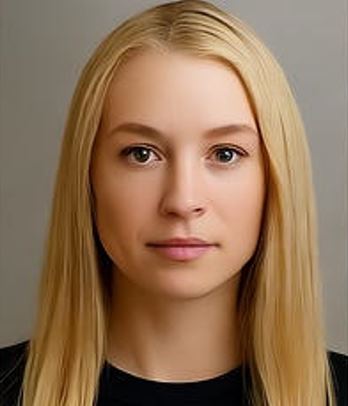For children in need: foster parents wanted in Linz-Land, Perg and Freistadt
The state of Upper Austria is launching the “Pflege-Eltern.jetzt” campaign in Linz-Land, Perg and Freistadt to urgently look for foster families for 70 children in Upper Austria. Find out more about part-time care offers!
For children in need: foster parents wanted in Linz-Land, Perg and Freistadt
In Upper Austria, child and youth welfare shows a great commitment to finding suitable foster families. The “Pflege-Eltern.jetzt” advertising campaign is specifically aimed at the Linz-Land, Perg and Freistadt districts in order to raise awareness of the need for foster families. Every year, foster parents are sought for around 70 children, as not all children can remain in their families of origin. This campaign follows a successful pilot project in the Gmunden and Vöcklabruck districts that took place last year.
In the Freistadt district there are currently 44 foster children who are housed in 29 foster families, while in Linz-Land there are 53 children living in 37 families. The Perg district accommodates 20 foster children in 18 families. State Councilor for Children and Youth Welfare Michael Lindner explains the responsible approach by explaining that if there are difficulties in the family of origin, the best form of care will be sought together with the biological parents.
Need for foster families and part-time foster parents
However, the exact nature of the need for foster care remains uncertain as it is first necessary to determine the appropriate type of placement for a child. Theresia Schlöglmann, head of the child and youth welfare department, explains that the aim is to achieve a “perfect match” between child and foster parents. Younger children in particular benefit from family care, while older children may be better off in specialized facilities.
In order to be able to respond more flexibly to the needs of the children, part-time foster parents are particularly in demand. This form of support can be extremely important for children as it helps ensure they can remain with their birth family, even if the birth parents need temporary support. Decisions about the duration and type of care can be made in consultation with the part-time foster parents.
The state of Upper Austria is planning to amend the Child and Youth Welfare Act in order to further adapt and promote this flexible form of care. Michael Lindner emphasizes its importance, as it can significantly improve the living situation of children by creating a permanent solution for their accommodation.
How to become a foster parent
Anyone who is interested in becoming a foster parent can contact the child and youth welfare office at their place of residence. There, those interested receive comprehensive, non-binding advice about the various possible applications. Depending on the type of care chosen, there are different paths that can lead to a possible care relationship. Discussions with professionals such as social workers and psychologists help to realistically assess future commitment.
You also need a clean criminal record and a medical examination must be carried out. A home visit by child and youth welfare representatives is also part of the process to ensure that the conditions are suitable for a foster family.
Last year's pilot was successful, with 40 requests for foster carers received, resulting in the creation of a pool of ten support places. In total, around 646 children were cared for in around 470 foster families in Upper Austria in 2022.

 Suche
Suche
 Mein Konto
Mein Konto
